Cover letter template high school
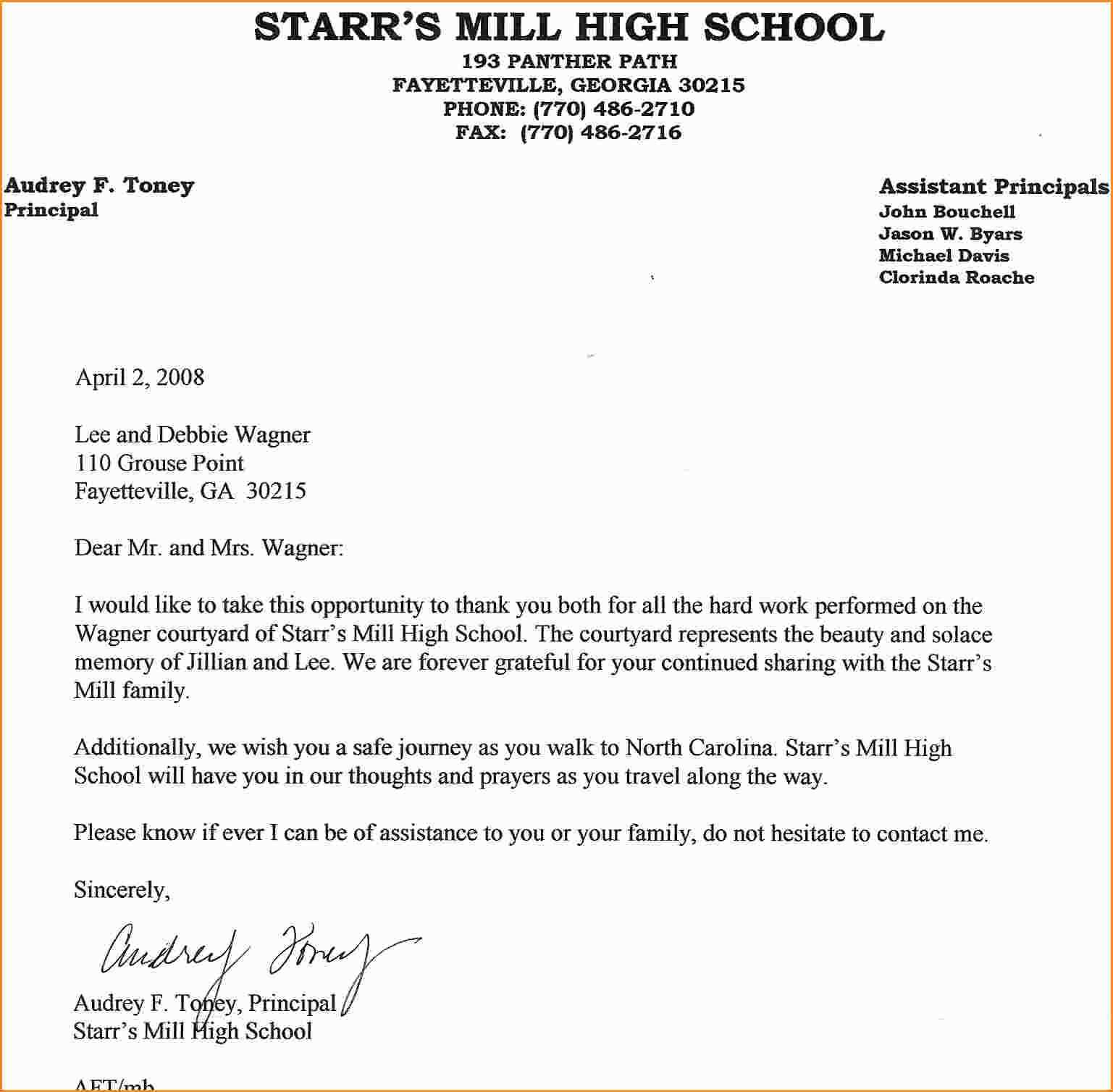
Tailor your cover letter to match the specific job or internship you’re applying for. This makes your letter stand out and shows your genuine interest in the position. Start by addressing the hiring manager directly if possible, using their name. If you’re unsure, a simple “Dear Hiring Manager” will do.
Highlight your skills and experiences that directly relate to the position. Even as a high school student, you likely have valuable experience from school projects, volunteering, or part-time jobs. Focus on what you’ve learned and how it can apply to the role you’re interested in.
Express your enthusiasm for the opportunity. Employers want to see that you’re excited about the job and that you have a positive attitude. Make sure your letter conveys your eagerness to contribute and learn in the position.
Keep it concise–your cover letter should not exceed one page. Avoid repeating your resume; instead, use this space to demonstrate your personality and motivation. Focus on how you can add value to the organization, even if you’re just starting out in the workforce.
Cover Letter Template for High School Students
Start by clearly stating the position or opportunity you’re applying for. Focus on how your skills and experiences make you a great fit for the role.
1. Contact Information
At the top of your letter, include your name, address, phone number, and email. You can format it like this:
- Full Name
- Address
- Phone Number
- Email Address
2. Salutation
Address the recipient directly if possible. If you don’t know the person’s name, use “Dear Hiring Manager.”
3. First Paragraph: Introduction
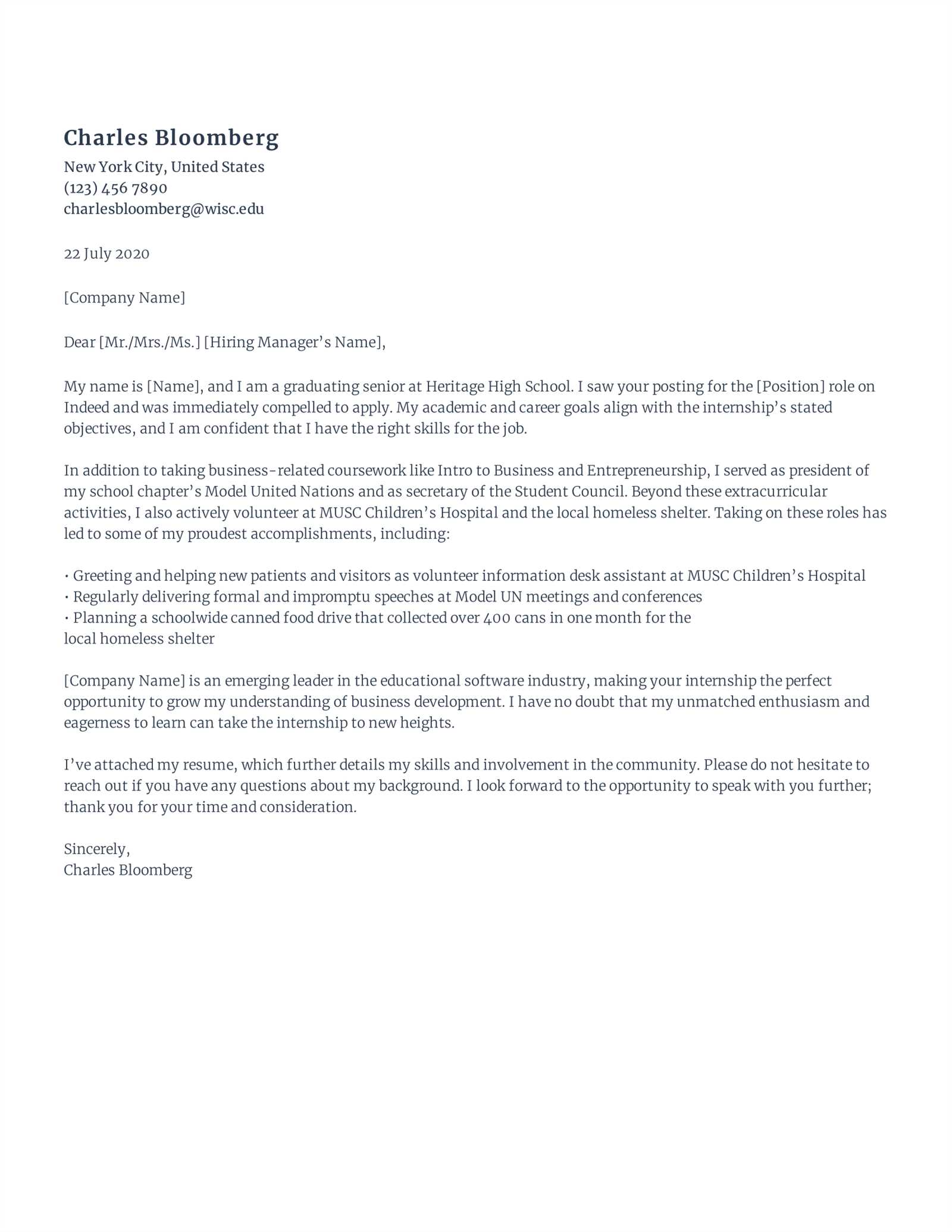
Begin by stating the position you’re applying for and how you found out about it. Mention why you’re interested in the opportunity, keeping it short and to the point.
4. Second Paragraph: Why You’re a Good Fit
Highlight a few skills or achievements that show your qualifications. Focus on your work ethic, ability to learn, or any relevant experience, even if it’s from school or volunteer work. You don’t need to mention everything, just the most relevant points.
5. Third Paragraph: Closing
Wrap up your letter by expressing your excitement about the opportunity. Mention that you would appreciate the chance to meet and discuss how you can contribute. Thank them for considering your application.
Sign off with “Sincerely” or “Best regards,” followed by your name.
6. Final Tip
Keep the letter concise–aim for one page. Check for grammar and spelling mistakes before sending it out!
How to Structure Your Cover Letter
Begin with a brief introduction that states who you are and what position you’re applying for. Mention where you found the job listing to give context to your application.
In the next section, highlight your skills or experiences that directly relate to the job. Use specific examples to show how your background matches the role. Focus on achievements that demonstrate your capability, avoiding vague statements.
Next, explain why you’re interested in this particular position and how it fits with your career goals. Connect your passion or interest to the company’s values or mission, but keep it concise.
Conclude by expressing your enthusiasm for the opportunity. Let them know you’re looking forward to discussing your application further. Close with a polite sign-off, thanking them for their time and consideration.
Choosing the Right Tone and Language for Your Audience
Adopt a tone that resonates with the recipient. For a high school cover letter, aim for friendly, respectful, and confident language. Avoid overly formal or overly casual speech. Strive for clarity and approachability, while maintaining professionalism.
Tailor Language to the Audience
Consider the person reading your letter. If it’s a teacher or a school counselor, use language that conveys your respect for their role. For example, say “I appreciate the opportunity” instead of “I’m thankful.” This keeps the tone polite but not overly deferential.
Maintain a Positive and Active Tone
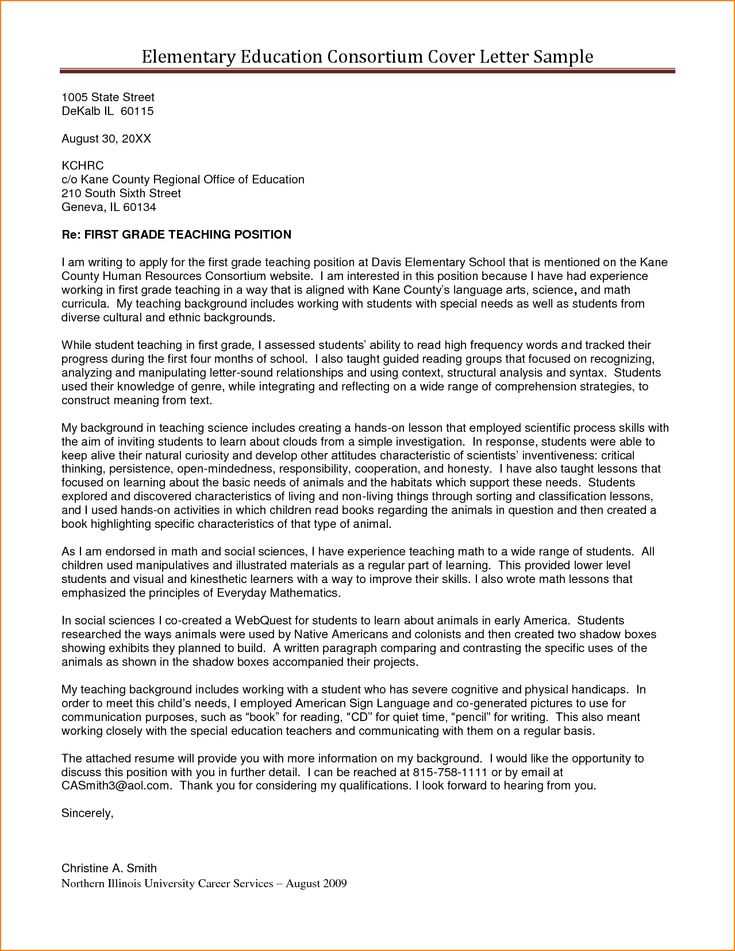
Use active voice to communicate enthusiasm and motivation. Phrases like “I am excited to contribute” sound more engaging than “I would like to contribute.” Emphasizing your readiness to take initiative shows confidence and commitment.
Adjust the level of detail based on your knowledge of the recipient’s expectations. If you know they prefer brief, direct communication, keep your sentences concise and focused. If they value thoroughness, include specific examples of achievements or experiences. The key is to match your style to what your audience values most.
What to Include in the Opening Paragraph
Introduce yourself and mention the position you’re applying for right away. Make it clear why you’re excited about the opportunity. Include a brief statement about why you’re a good fit for the position based on your skills or interests. Highlight your enthusiasm without sounding overly formal, but keep the tone professional.
Be Specific About the Role
Include the exact job title and mention where you found the position. This shows you’re detail-oriented and genuinely interested in the opportunity. If you’re applying through a referral, mention that connection here as well.
Show Your Interest in the Company
Let them know why you want to work for this specific company. Focus on what stands out about the organization that appeals to you–whether it’s their values, culture, or reputation. Avoid generic statements; make it personal and specific to the company you’re applying to.
Highlighting Relevant Skills and Achievements
Focus on skills and achievements directly tied to the role or opportunity. Highlight specific accomplishments that demonstrate your ability to excel in key areas. For example, if you’re applying for a position that requires strong teamwork, mention projects where you collaborated effectively with others to achieve a common goal.
Skills to Highlight
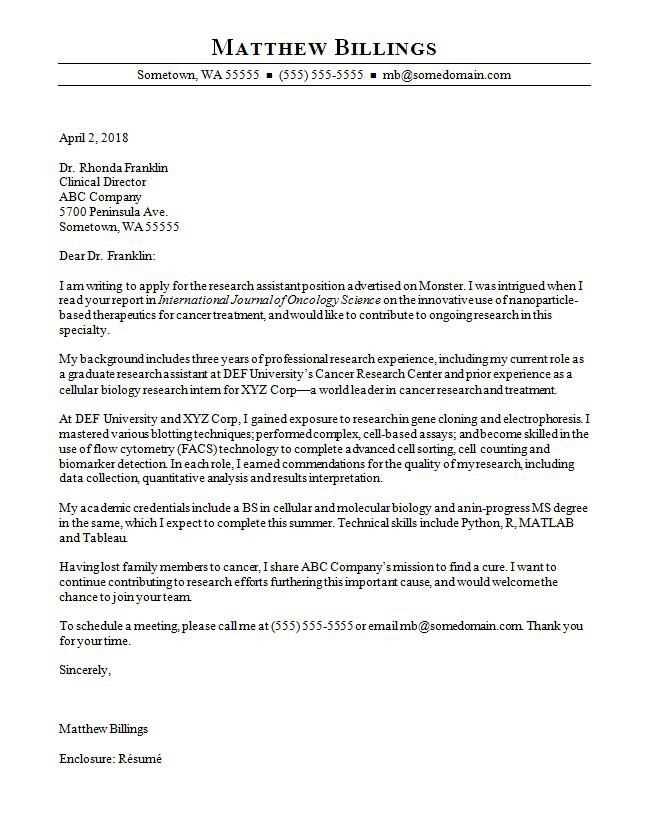
| Skill | Example |
|---|---|
| Leadership | Organized a fundraising event, leading a team of 10 volunteers, raising over $1,000 for a local charity. |
| Time Management | Successfully balanced a part-time job while maintaining a 4.0 GPA in school. |
| Communication | Led class presentations on environmental topics, engaging with students and faculty to raise awareness. |
Achievements to Emphasize
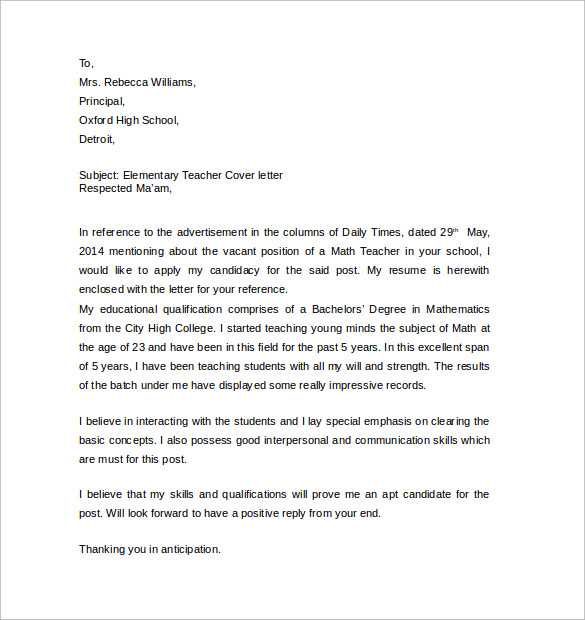
Provide context for each achievement by specifying the outcome. This could include awards, recognition, or measurable results, such as improving a process or increasing participation. Keep the focus on how these accomplishments relate to the skills needed for the role.
Making Your Closing Stand Out
Finish your cover letter with a clear, confident statement that leaves a strong impression. Avoid generic phrases like “Thank you for your time” or “I look forward to hearing from you.” Instead, take a more direct approach by expressing genuine interest in the position and highlighting why you’re excited about the opportunity.
Be Specific and Personalize Your Closing
Personalize your closing statement by referencing something specific from the job listing or company culture. For example, you can mention how your skills align with the company’s mission or a particular project they’re working on. This shows that you’ve done your research and are genuinely interested in contributing to their success.
Keep it Concise and Confident
Avoid overly long or complex sentences. A short, confident sentence like “I am eager to contribute my skills to your team” communicates enthusiasm without sounding forced. This makes your closing both professional and memorable.
Common Mistakes to Avoid in a High School Cover Letter
Avoid writing a generic letter that doesn’t reflect your specific skills or experiences. Tailor each cover letter to the job you’re applying for, showcasing your unique strengths. Address the hiring manager by name if possible, rather than using a generic greeting like “To whom it may concern.”
Don’t Overuse “I”
Focusing too much on “I” can make your letter sound self-centered. Balance it by describing how your skills can benefit the company. Show the employer how your experiences will contribute to their team or project instead of just listing what you have done.
Avoid Spelling and Grammar Errors
Proofread your letter before submitting it. Even minor errors can create a negative impression. Double-check your spelling, punctuation, and grammar, and ensure your sentences are clear and concise.